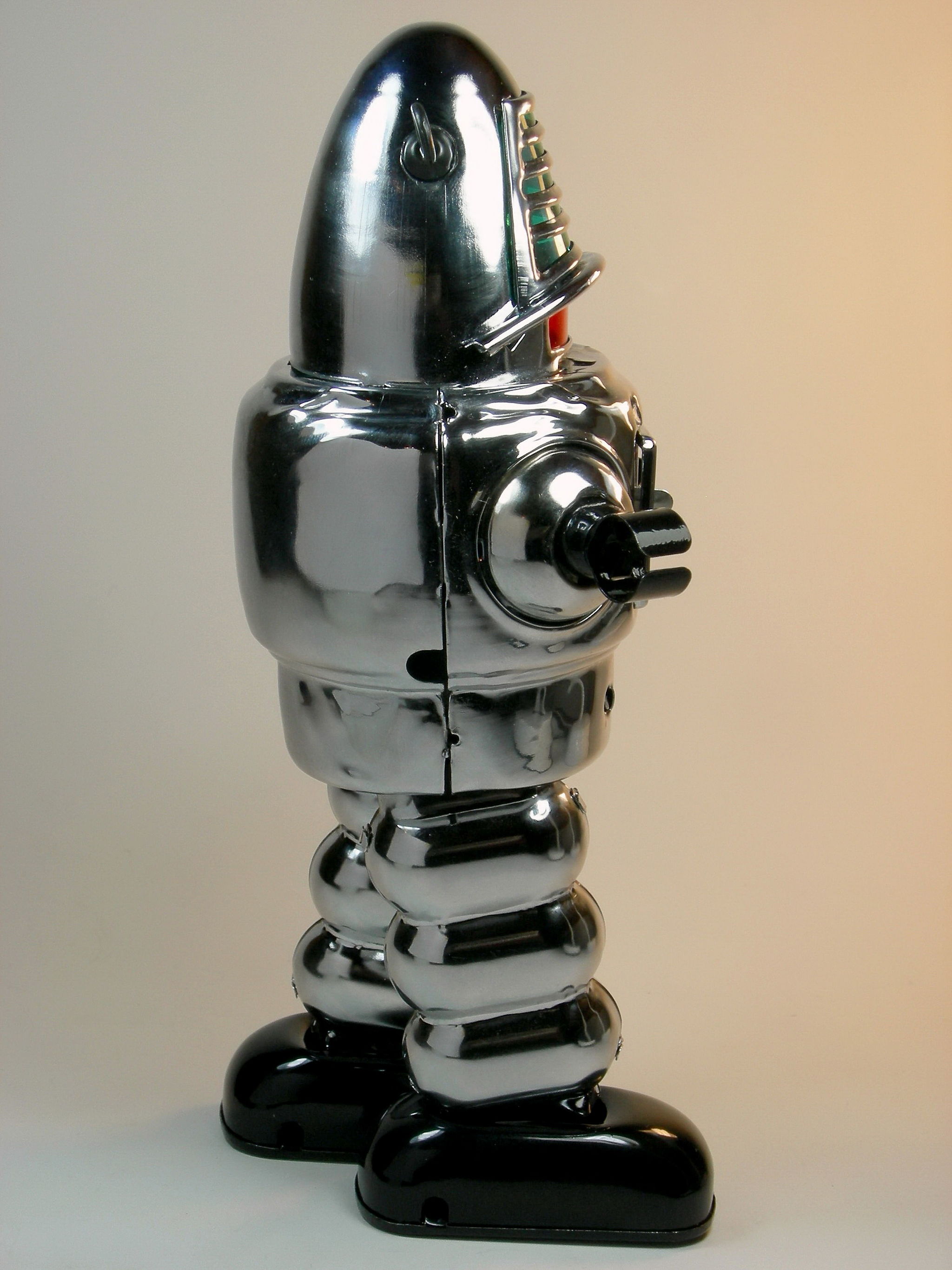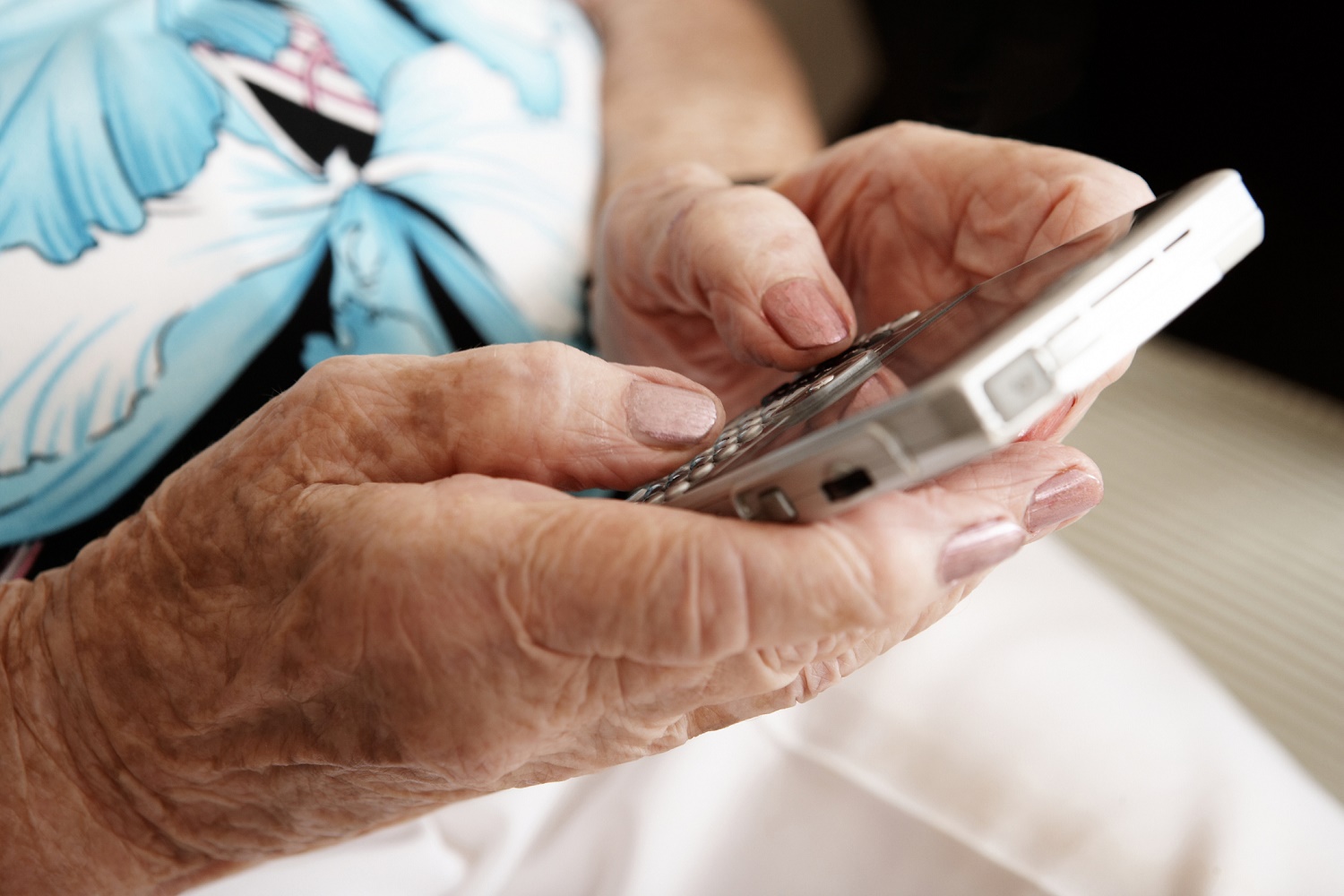The BBC is running a news series called “Intelligent Machines” looking at artificial intelligence and robotics, including such wonders as corporate earnings reports and short news stories written by machines. It reports that, according to Boston Consulting Group, by 2025 up to a quarter of jobs will be replaced by either smart software or robots.
What about us? The BBC also provides a handy little tool for checking if you will be replaced by a robot. Type the name of the job into the box and it will give you a percentage (of likelihood that you will be fired to make way for a robot). Lawyers do quite well in this exercise. You have to search using British terms for legal roles (because it’s the BBC). Solicitors get “it’s quite unlikely (3%).” Barristers and judges (in one category) get the same result, “it’s quite unlikely (3%).” A few other random ones I looked at: dental nurse, “it’s too close to call (60%)”; cook, “it’s fairly likely (73%); architect, “it’s quite unlikely (2%).”
It is sort of fun to play with this. But it poses the question in a very blunt and binary way. I think a more critical question that we all need to ask ourselves is “will a robot take part of my job? Which part?”
Recall that machines are already writing corporate earnings reports. A chunk of work for corporate lawyers is writing securities disclosure for publicly traded companies. We kind of like to think this takes a sophisticated blend of knowing what the regulations require the company to disclose, understanding the client’s business, and being sensitive to shareholder relations concerns. But in all honesty there is a lot about this exercise that is quite mechanical. The objective data – the company’s results – determines within quite narrow parameters what the permissible writing choices are. If a machine can write corporate earnings reports, it can’t be long before they’re writing prospectuses and annual reports. There would probably also be a need for final checking and tweaking by humans. That’s where the deep knowledge of the rules, the company’s business, and the perceptions of shareholders would be all-important. For all I know this is already happening.
So let’s say that this is an example of something that’s now part of the job for some lawyers, and that robots are likely to take most of it. What does it mean for our profession if this kind of work is taken over by the intelligent machines?
Here’s an interesting excerpt from the BBC story:
Narrative Science chief scientist Kristian Hammond has previously said that in 15 years’ time, 90% of news will be written by machines but, he told the BBC, that didn’t mean that 90% of journalist jobs would go. “It means that the journalists can extend their reach. The world of news will expand,” he said. “The journalists will not be generating stories from data. That unambiguous, not-open-to-interpretation stuff will be done by machines.”
I am convinced that this carries over to law. Some percentage, quite possibly an alarmingly large percentage, of what lawyers do now will be done by machines. That doesn’t mean the same percentage of lawyers’ jobs will go. It means the world of law will expand. We won’t be wasting time doing utterly brainless stuff like footnotes, or somewhat brainless stuff like drafting disclosure from scratch. We will be using our complicated, empathetic human brains for challenges that really need them.



7 Comments
Perhaps an analogy could be drawn to how paralegals in Ontario are being given more power to take on roles traditionally belonging to lawyers.
The plus side:
1. Lawyers will have more time to work on things that truly require specialized skills and knowledge that only a lawyer has.
2. More time for work life balance.
Potential downside:
1. There may not need to be as many lawyers as we have today. Less demand.
2. Lawyers will have to break the traditional mold and adopt innovation and change.
I, for one, am ready and waiting.
This is a great point to bring up Professor. I will actually be blogging on it later today.
I completely agree with your post and your last paragraph, that technological advances will aid in making the job less menial. I definitely believe that human interaction is a necessity in being a lawyer because we are dealing with human issues. Though now we don’t necessarily have to be in the same room to interact.
I am looking forward to how the field of law will adapt and grow with technology, but I will also remain focused on keeping the human element alive in law.
Great post Professor in highlighting the challenges and benefits of automation for the legal profession.
It will be interesting to see the role of law and lawyers in regulating an economic world where everyone need not participate. If 1/4 of present jobs will disappear thanks to automation this will be a significant event. Will our social-economic system create more types of jobs (just like the Industrial Revolution) or will the game be fundamentally changed (since there is automation of “mental” tasks not just “mechanical”)?
I for one believe that there may be some disruption ahead since the majority of jobs today were created in the past 100 years. I am not sure if the replacement rate will keep up with the technology rate (i.e. the speed of automated information technology adoption for the sake of productivity).
This is a very interesting phenomenon Professor. Considering that a large number of a current lawyer’s work will be replaced by intelligent software, and given that the lawyer’s job will expand, its interesting to wonder in what ways, and in what areas, a future lawyers job will expand.
By taking over the simple aspects of each profession, in our case a lawyer, software is pushing us to the more sophisticated end of the spectrum for our jobs. On the upside, this allows lawyers to deal with the challenges that really need them, but a negative impact of this may be that this expansion may cause the legal minds to encroach on other areas of the legal profession. I’m curious to see how these advancements affect the position of the judicator.
Will lawyers become expert in their fields and begin deciding the outcome of a client’s problem before it even reaches the courts? Could they possibly begin to play the role of informal decision makers? How will their deeper level of analysis affect their practical everyday positions in society?
At one end of the spectrum, they become legal scholars, whereas at the other end of the spectrum they are out of jobs. I feel that in order for the law profession to survive given the nature of technological advancements in software, lawyers will have no option but to encroach in other sectors of the legal field, specifically the judicator.
Nice comment Sarvesh. One thing that’s important to keep in mind is lawyers already do – and have for a very long time – advised clients on the likely outcome of disputes before they go to court. Nobody bothers with the expense and pain of litigation to find out if they’ll win. Deciding to proceed with litigation is always based on an assessment of the odds of success and whether (even if you do win) the benefits outweigh the costs. What’s really new and interesting is that these kinds of assessments, which traditionally have been based in large part on rather imprecise and human factors (experience, professional judgment and “gut feelings”), is one of the aspects of legal work that is being automated. Companies are starting to use computer analysis of large amounts of data at least to supplement, maybe one day to entirely replace, the hunches of professional advisers.
http://blog.liquidlitigation.com/2012/07/big-data-to-predict-legal-outcomes/
What happens when robots make mistakes? Will we sue the programmers for negligence? Will we sue the restaurant for the mistake of its robot cook? Will we sue the firms for using faulty technology? If the majority of day-to-day tasks are run by machines, does the idea of negligence even make sense? Should we eliminate negligence altogether and move to a no-fault insurance model? When we think about automation we cannot help but think about losses and the notion of responsibility.
New career opportunity: robot defense lawyer